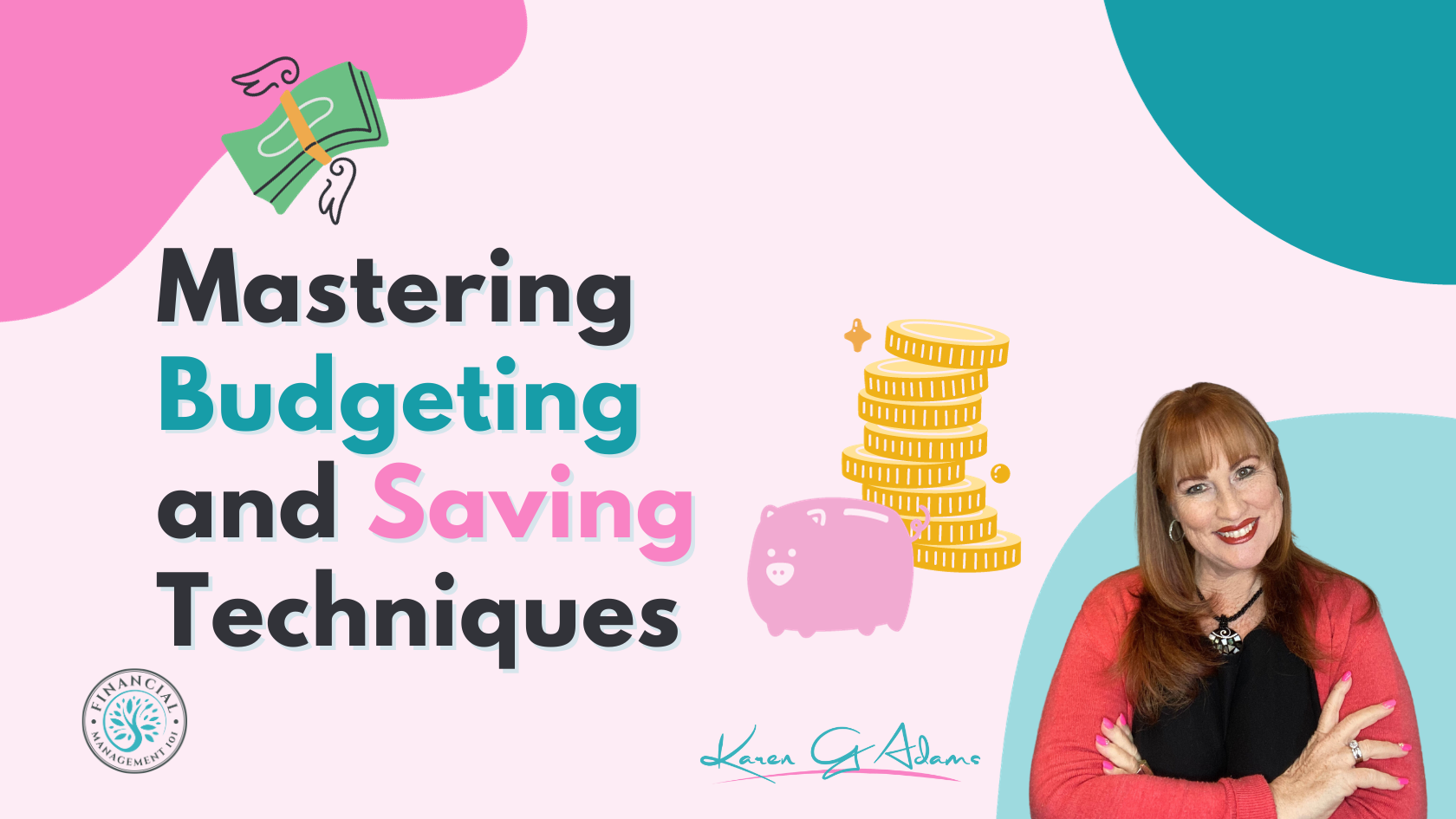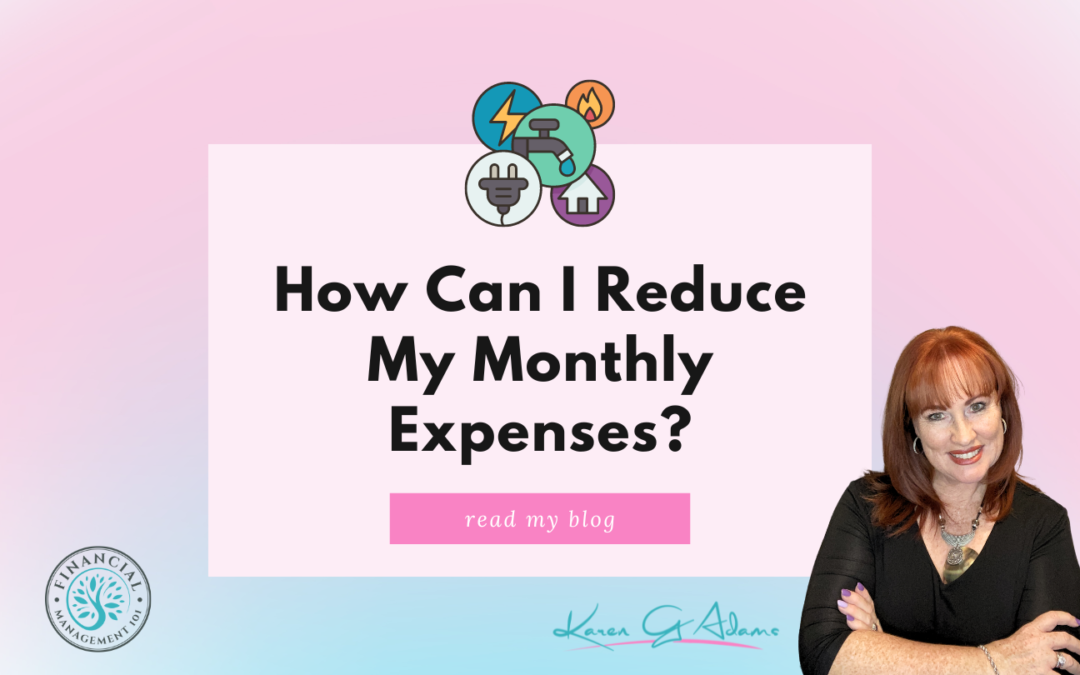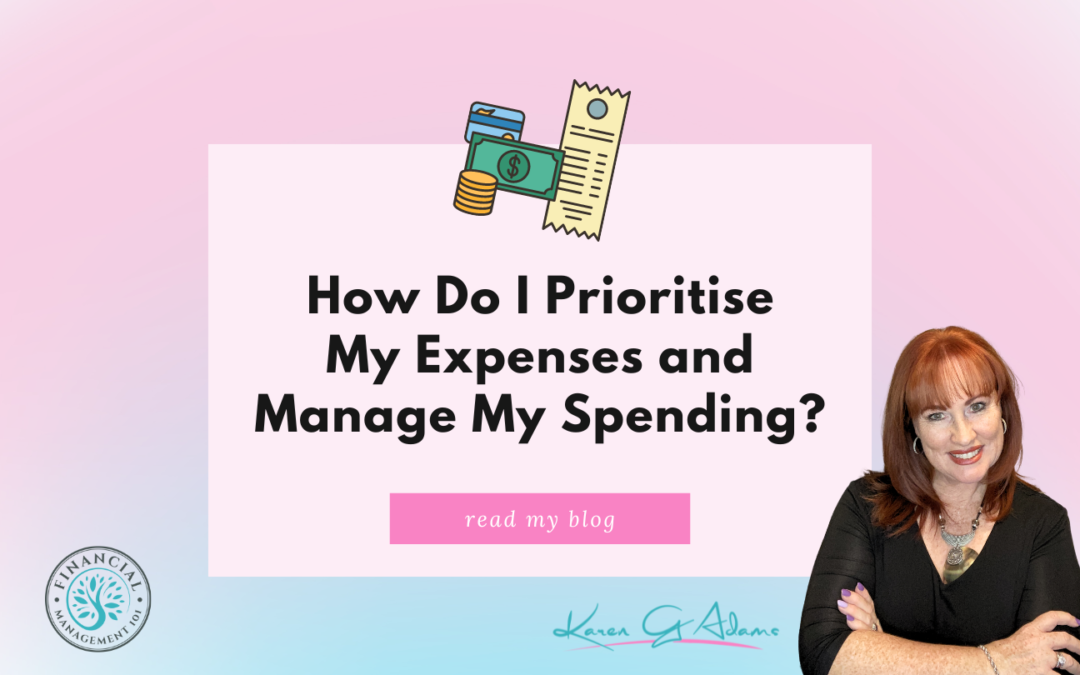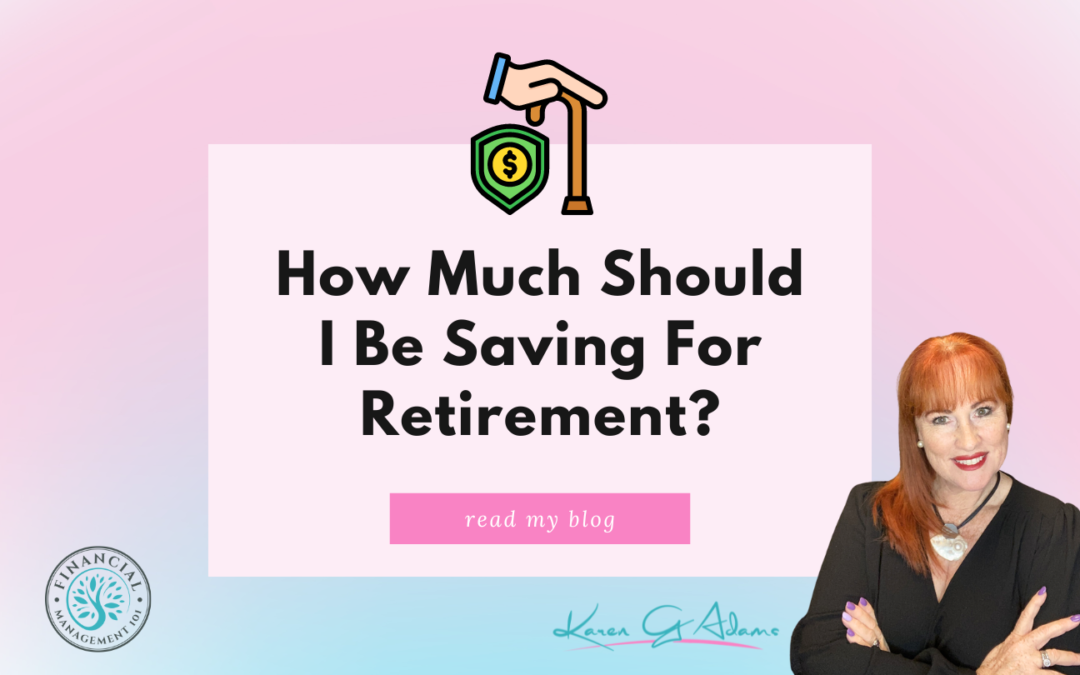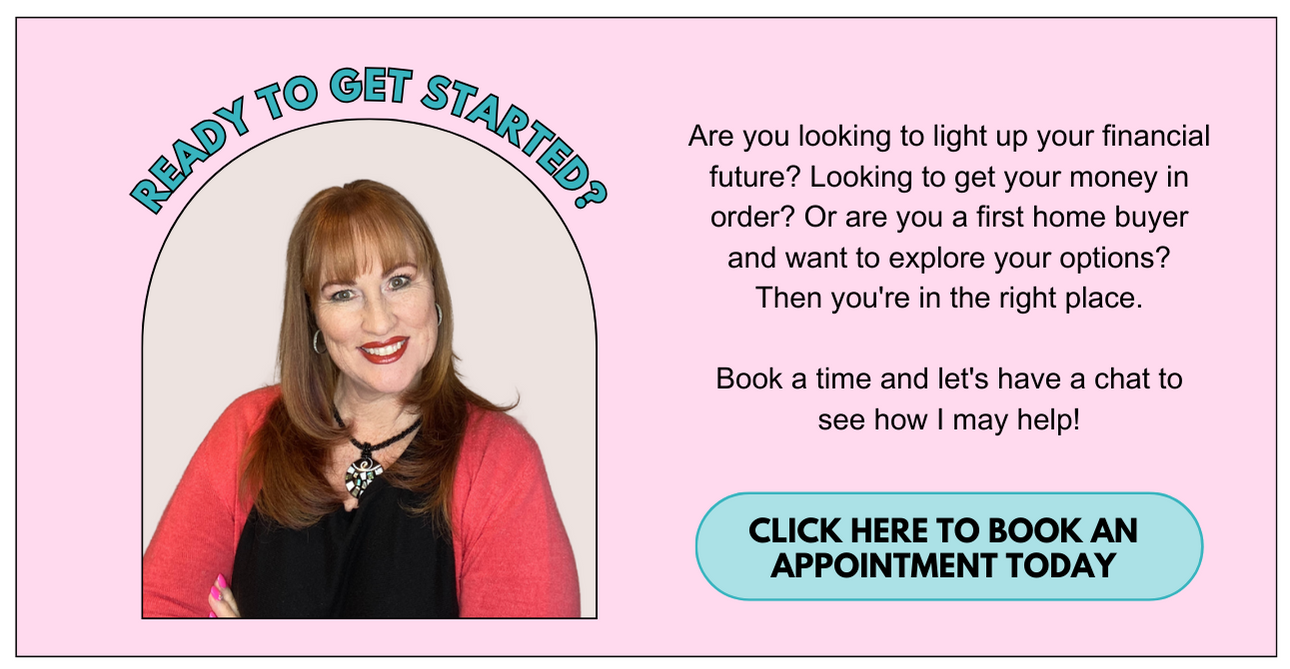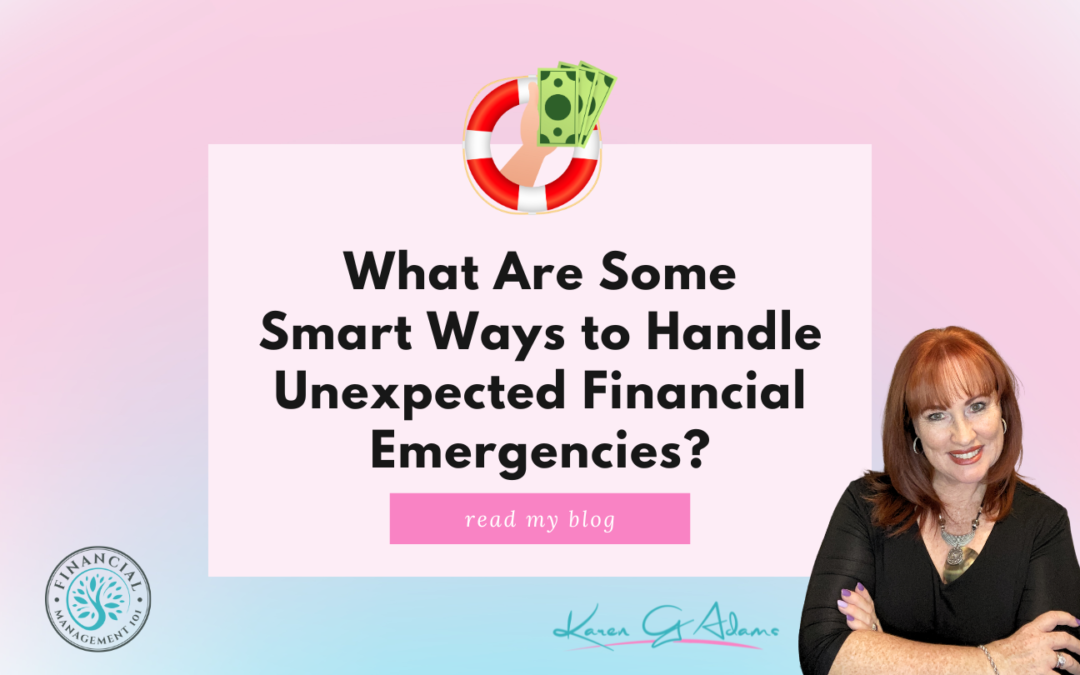
What are Some Smart Ways to Handle Unexpected Financial Emergencies?
Handling unexpected financial emergencies requires a mix of planning, resourcefulness, and informed decision-making. Here are some smart ways to manage such situations:
EMERGENCY FUND
The best strategy is to have an emergency fund. This should ideally cover 3-6 months of living expenses and be easily accessible.
BUDGET ADJUSTMENTS
Review and adjust your budget to cut non-essential expenses. Temporarily reducing discretionary spending can free up funds.
LIQUIDATE NON-ESSENTIAL ITEMS
Consider selling items you don’t need. This could include electronics, jewellery, or other valuables.
USE OF CREDIT WISELY
If you have access to credit lines or credit cards, use them wisely. Ensure that you understand the terms and interest rates to avoid worsening your financial situation.
PAYMENT PLANS
Contact creditors or service providers to negotiate payment plans or extensions. Many are willing to work with you during hardships.
INSURANCE CLAIMS
If your emergency is due to events like accidents, natural disasters, or health issues, check if your insurance policies can provide financial relief.
GOVERNMENT ASSISTANCE AND COMMUNITY RESOURCES
Explore if you’re eligible for any government relief programs or community assistance during your crisis.
SIDE JOBS OR FREELANCING
Consider taking on temporary work or freelancing to generate additional income.
FAMILY AND FRIENDS
As a last resort, consider borrowing from family or friends. Be sure to treat it as a formal loan and communicate clearly about repayment terms.
FINANCIAL COUNSELLING
Seek advice from a financial counsellor or advisor. They can offer personalised advice and help you plan for the future.
INVEST IN EDUCATION AND SKILL DEVELOPMENT
In the long term, improving your skills can lead to better job opportunities and higher income, making you more resilient to financial emergencies.
REGULAR FINANCIAL REVIEWS
Regularly review your financial situation to adjust your savings and spending, keeping potential emergencies in mind.
Remember, personal finance is personal. Your priorities and goals will dictate how you manage your spending, so tailor these steps to fit your unique situation.
Learn the fundamental concepts of how budgeting and saving are important to your financial well-being. Registration is now open for the course: Mastering Budget and Saving Techniques. This is a hands-on course with me guiding you on how to budget, track and look at managing your money like a pro.
ENTER THE CODE WORD: BUDGETING2024 to get $100 off this course.



